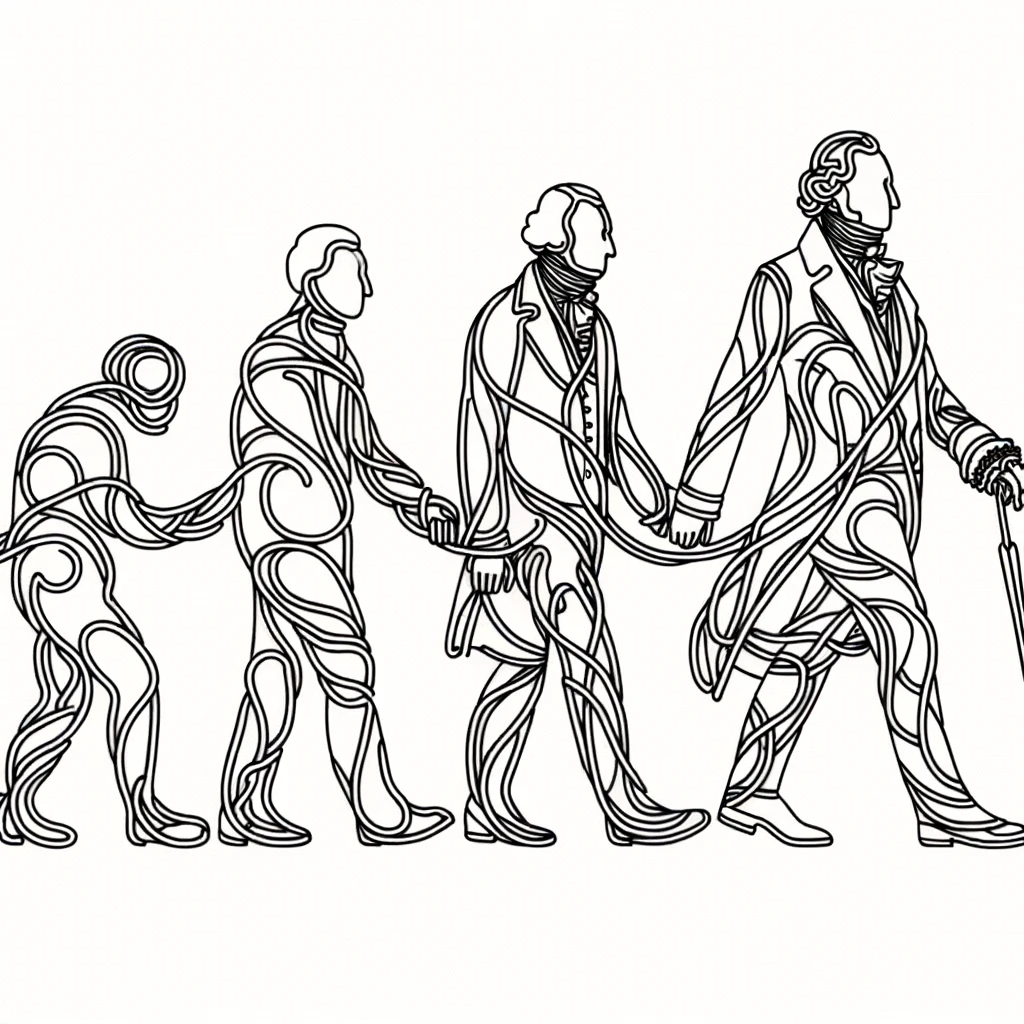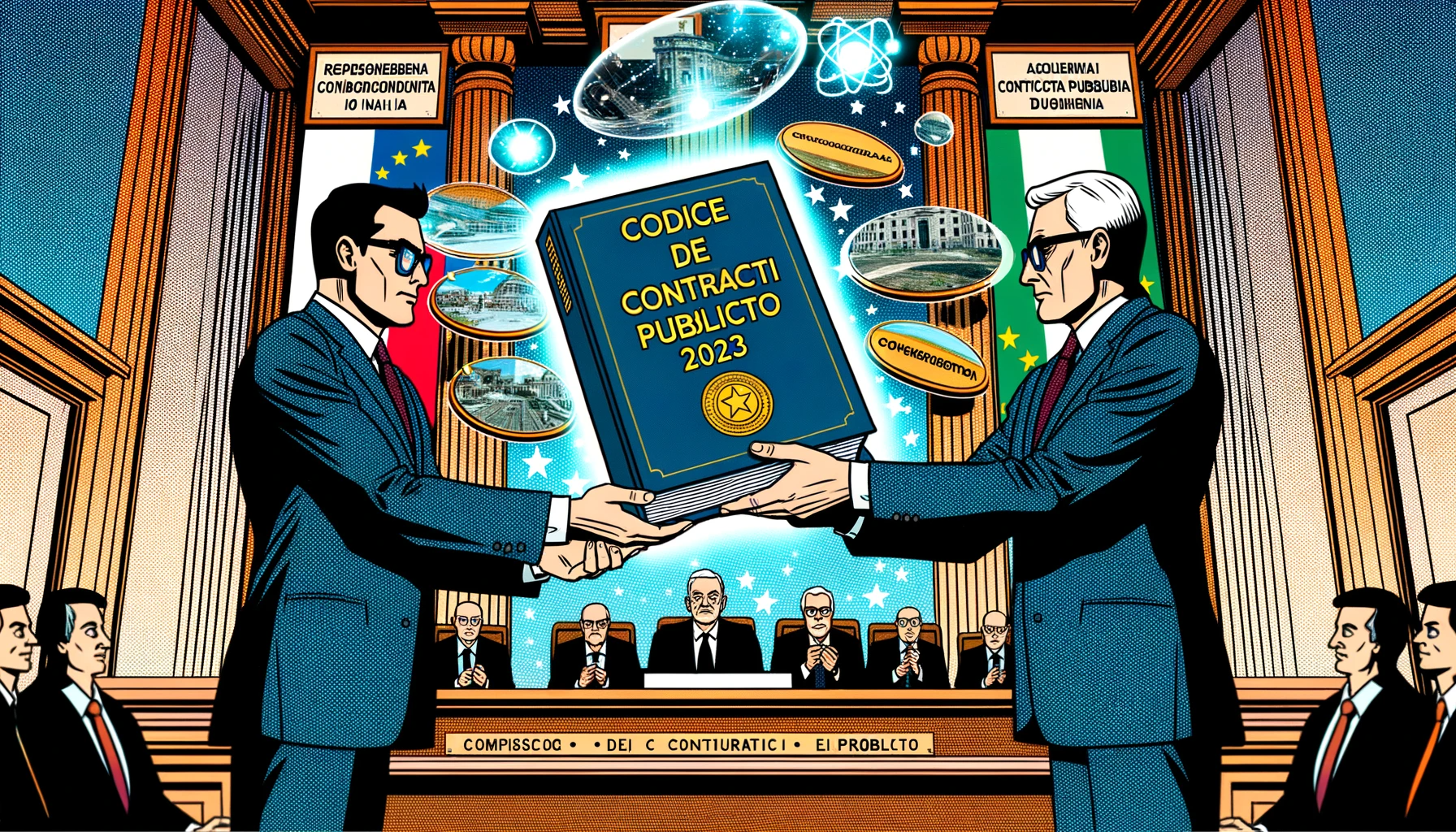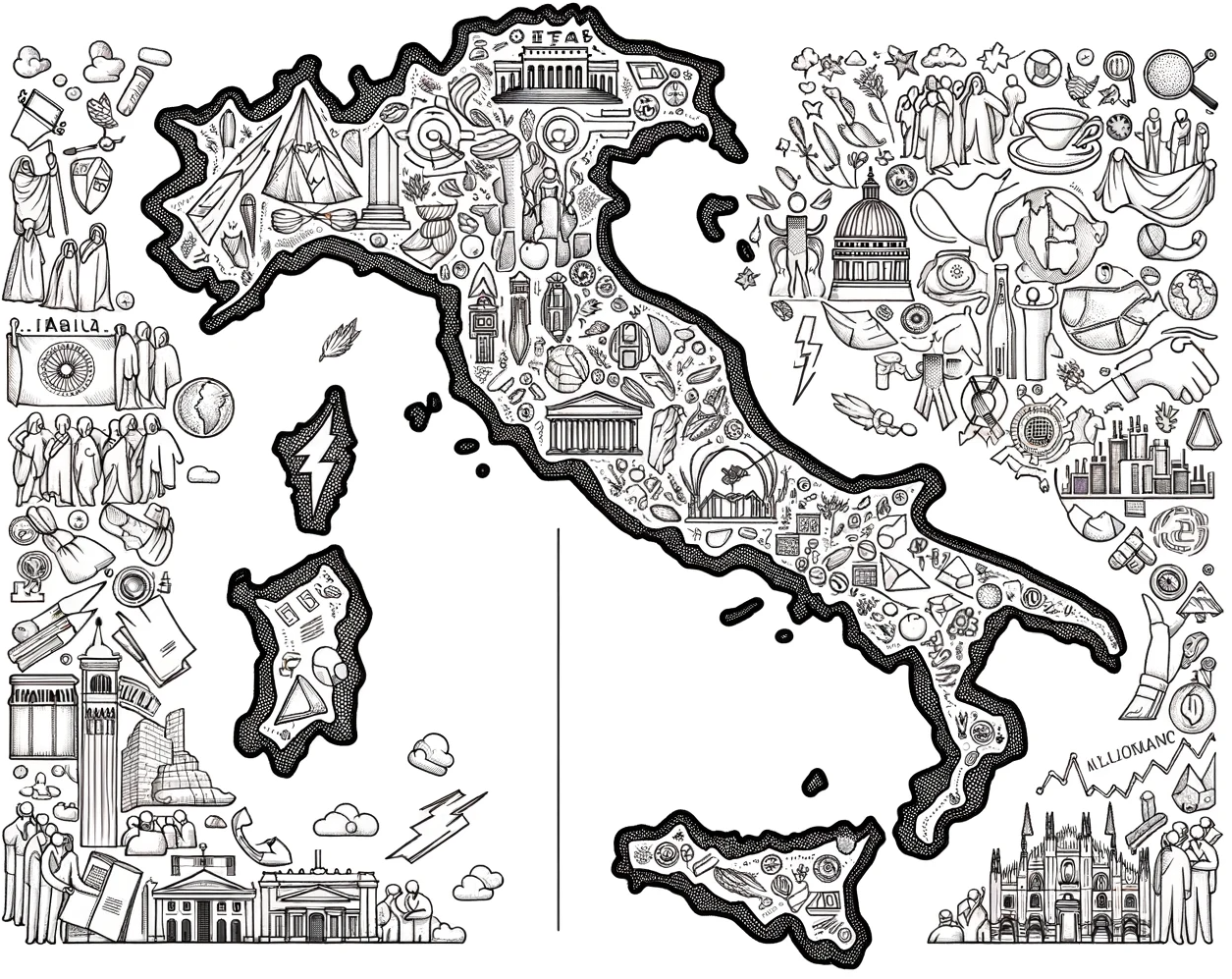Organization

Public Procurement and Cybersecurity. The Italian Legal Framework
Stefano Rossa | 27 May 2024 | Issue 2/2024
The paper investigates the Italian legal framework regarding cybersecurity public procurement. First, the rules introduced by the (Italian) 2023 Public Procurement Code are explored. Secondly, the residual legal framework is examined: both the general one applicable to all public administration (including within the [Italian] National Cybersecurity Perimeter), and the special one intended for tendering procedures launched by the (Italian) National Cybersecurity Agency. The necessary role of public actors in promoting and disseminating cybersecurity culture is highlighted.
Read More
Anti-Corruption regulatory instruments and truth certification
Giuseppe Tropea, Annalaura Giannelli | 13 May 2024 | Issue 2/2024
The paper aims to examine, with a critical approach, the new regulatory methods that anti-corruption mechanisms have introduced into our legal system. The topic is assessed by exploiting the dialectic between the concepts of knowledge and public power, drawing inspiration from Michael Foucault, who identifies power with a relationship of force. Building on these premises, the study delves into the relationship between the activities of public administration and technical-scientific assessments, specifically focusing on anti-corruption regulatory instruments, particularly in the context of public procurement.
Read More
The paper considers the responses that Italian public administrations are capable of giving to emergency events. After dealing with the possibility of identifying a legal notion of “emergency”, the analysis continues through the critical consideration of the various administrative organizations responding to emergencies and their structural overlap. This is followed by a recognition of the multiple administrative acts issued by the organisations and the exceptions they may contain in relation to the rules and principles of the legal system. The brief final considerations propose some hypotheses for change and improvement.
Read More
The 2023 Australian Referendum: a proposal for an Indigenous Voice to Parliament and Government
Elisa Arcioni, Andrew Edgar | 9 November 2023 | Issue 4/2023
On October 14, 2023, Australian electors voted in a referendum regarding a proposal to change the Constitution by explicitly recognising Aboriginal and Torres Strait Islander people through the insertion of a Voice to Parliament and Government. A majority of electors in each State voted against the change, as did a majority of electors nationally. Therefore, the referendum failed. This article explains the proposal from a public law perspective and includes brief reflections regarding the public debate surrounding the referendum.
Read More
Transformation of Civil Service in Portugal: A “Schizophrenic Reality”
Vasco Pereira da Silva | 24 October 2023 | Issue Public Administration and the Transformation of Civil Service: A Comparative (Law) Perspective (2023)
The Portuguese Civil Service has a “schizophrenic dimension” that is a consequence of the “traumatic facts” of its “difficult childhood”, common to all the countries which are part of the “family” of the French administrative Law model, adopted in the period of the liberal State (of the 18th. and the 19th centuries). The current means to enter the Civil Service is through a unified contract for all public employees, which creates a private/public employment relationship. This contractual regime mixes private labour rights and duties with public regulations (including functional duties, like the duty to obey), as well as introduces a duality of jurisdictions. We consider two new phenomena: the increase in the number of senior public administration officials who become political appointees, and the creation of a new kind of "political functionaries" (advisors, assistants), based exclusively on the "public trust" of the members of the Government. These phenomena are responsible for another “schizophrenic situation” relative to the Public Administration, that does not really work like the French way nor the American way.
Read More
The Project Manager in the new Code of public contracts
Gabriele Maria Brenca | 28 September 2023 | Issue 3/2023
The paper offers a quick review of the Project Manager provided for by the new Code of public contracts of March 31, 2023, and highlights the main features of this central figure in the context of public procurement procedures by comparing it with the already existing Project Manager drawn by the “old” 2016 Code.
Read More
Civil Service Reforms in Italy between Mythology and Reality
Stefano Battini | 15 September 2023 | Issue Public Administration and the Transformation of Civil Service: A Comparative (Law) Perspective (2023)
The history of Italian bureaucracy has witnessed a fluctuation between opposing ideological models of civil service regulation, transitioning from one mythology to another. The traditional mythology revolved around a purely public model, emphasizing the political aspect of bureaucracy and its connection to the State. In more recent times, an opposing mythology has emerged, primarily based on a private model that highlights the economic dimension of the civil service, previously neglected, and its relationship with the Market. However, theory has always remained distant from practice, and myths from reality. While the founding mythologies experienced discontinuity, the actual arrangements often displayed continuity. The first part of this contribution focuses on the myth, providing a brief account of the transition from the old to the current ideal model of the Italian civil service, which underwent constitutional transformation. The second part explores reality, examining how this model has been implemented over the past 30 years.
Read More
The Municipal Secretary and his limits: "guarantor" but not "manager"
Riccardo Cabazzi | 13 March 2023 | Issue 1/2023
The Secretary-General ensures (also) an independent control over the activities of local authorities. Therefore, in the light of this function, in addition to that of coordination and oversight, he/she cannot advocate acts of management, except in the event of default. The Administrative Tribunal (TAR) of Calabria, by judgment n. 1653/2022, has declared illegitimate, for relative incompetence, the award of a contract with a decision taken by the Secretary-General rather than the responsible Public Officer.
Read More
On the centralization of contracting authorities with regard to public procurement.
Mario Rosario Spasiano | 23 January 2023 | Issue 1/2023
The paper analyses how the “culture of suspicion” hinders the contractual activity of public administration. The “culture of suspicion” consists in the perception that every negotiation procedure is the harbinger of crimes and/or “maladministration”. The effects of this “culture of suspicion” consist of immobilism and inertia, since they inhibit the full recourse to discretionary and efficient actions, so that public officials avoid choices which can be risky in terms of penal, civil and administrative liability. In this context, the idea of contracts awarded by central purchasing bodies (contracting authorities) can play a crucial role. This is because the attribution to a single body of the competence to buy goods and services on the market, in addition to achieving positive “economies of scale”, can also increase the professionalism of the public officials operating within the contracting authorities and promote the transparency of tendering procedures. The paper focuses also on a critical analysis of the current regulatory framework, both at the national and EU level, trying to evaluate and propose necessary reforms and improvements.
Read More
‘Them’s the breaks’ – Boris Johnson’s fall and exit as Prime Minister of the United Kingdom
Patrick Birkinshaw | 4 October 2022 | Issue 4/2022
Boris Johnson was swept to power as prime minister of the United Kingdom with an unassailable majority of eighty members of parliament (MPs) after the general election in December 2019. The man who was to ‘get Brexit done’ seemed in complete control of his party, the House of Commons and the country. One of the most controversial prime ministers in our history, Johnson was propelled from one cause célèbre to another. His rule exposed weaknesses in the contemporary UK constitution and how those weaknesses can be exposed by a politician determined not to be bound by conventional constraints on his office. The following tracks Johnson’s downfall and resignation and suggests areas in prime ministerial governance that need to be addressed by the incoming UK prime minister.
Read More